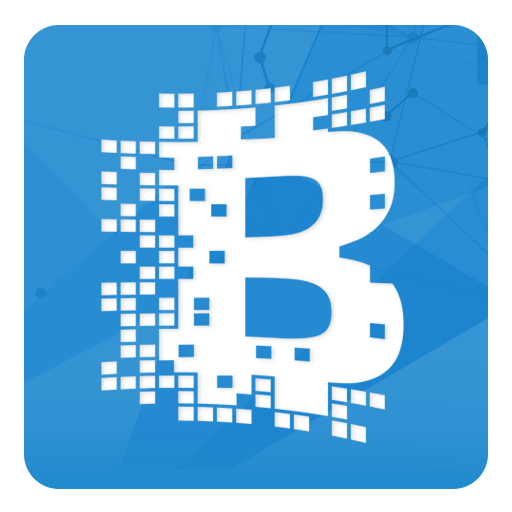Technology
Financial Firms Tap Blockchain For Lightning-Speed Cross-Border Payments

IBM's goal is to eventually expand blockchain capabilities to support central bank-issued digital currencies, securities, bonds and structured financial assets, the firm has said.
Financial firms operating in 12 currency corridors are using a
new system powered by blockchain to process
cross-border payments, in the latest breakthrough for the nascent
technology slated to save banks billions of dollars while shaving
down settlement times.
Technology behemoth IBM,
along with partners Stella.org and KlickEx Group, has built a
solution that intends “to improve the speed in which banks both
clear and settle payment transactions on a single network in near
real time”.
In today's market, making international payments can be “costly,
laborious and error-prone,” IBM has said, and the involvement of
multiple intermediaries means payments can often take weeks to
clear.
This is where blockchain steps in.
Using a blockchain distributed ledger, all appropriate parties
have access and insight into the clearing and settlement of
financial transactions.
“It is designed to augment financial flows worldwide, for all
payment types and values, and allows financial institutions to
choose the settlement network of their choice for the exchange of
central bank-issued digital assets,” IBM said. The solution is
processing live transactions in 12 currency corridors across the
Pacific Islands, Australia, New Zealand and the UK.
A blockchain is a virtual distributed ledger of transactions
shared peer-to-peer that can record ownership across a public
network of computers rendered tamper-proof by advanced
cryptography. The technology is renowned for facilitating
bitcoin and other
crypto-currency
transactions.
IBM has said its solution could make it possible, for example,
for a farmer in Samoa to enter into a trade contract with a buyer
in Indonesia. The blockchain would be used to record the terms of
the contract, manage trade documentation, allow the farmer to put
up collateral, obtain letters of credit and finalise transaction
terms with immediate payment, “conducting global trade with
transparency and relative ease”.
The World Bank estimates that initiatives to modernise payments
and provide financial access could improve the flow of currency
and commerce, and help achieve its goal of extending financial
services to one billion people by 2020.
"With the guidance of some of the world's leading financial
institutions, IBM is working to explore new ways to make payment
networks more efficient and transparent so that banking can
happen in real-time, even in the most remote parts of the world,"
said Bridget van Kralingen, senior vice president of IBM Industry
Platforms.